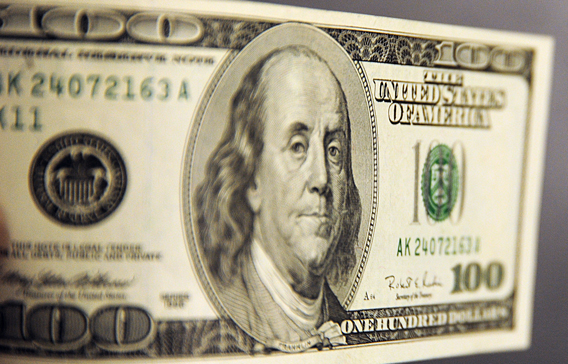CAIRO: The Euromoney conference kicks off on Tuesday, bringing together 1,500 delegates to discuss competitiveness and investment in four areas that hold great potential in Egypt.
Under the title of “Competing for Investment, Investing in Competitiveness”, the two-day conference will focus on infrastructure, renewable energy, small and medium enterprises, and institutional investments in both capital markets and securities.
Richard Banks, the director of the Euromoney conferences for the MENA region, provided his company’s analysis of the Egyptian economy as a background to the event. Although maintaining a positive stance, Euromoney believes the current economic climate in Egypt is “slightly less” developed, due in part to the political transition that it is may transpire in 2011, when the presidential elections are to be held.
Inevitably, according to Banks, any time there is major political transition in a country, capital flows are usually negatively impacted since investors are uncertain as to what policy changes the new leadership may have in store for the market.
Nevertheless, the same challenges will remain for the country’s next leaders, and in sum, “the investment picture is no different than in the past,” said Banks.
Against this background, the event begins each morning at the Semiramis InterContinential Hotel in Cairo with a main conference, followed by a series of workshops in the afternoon.
The two main events scheduled for Tuesday morning will be “Investments and Priorities: the Macro-economic Context,” and “Visions for the Competitiveness of the Nation.” They will explore Egypt’s strategic economic vision for 2010 and 2011. They will also touch upon some important related issues, such as unemployment, low loan-to-deposit ratios, and the lack of institutional investors.
The final morning event — scheduled for Wednesday — is titled “Competitiveness” and will discuss whether or not an environment competitive for international investment is also competitive for domestic investment.
Within the context of the “Investing in Renewable Energy” afternoon workshop, participants will discuss how to further promote and fund such technologies, as well as assessing whether their full potential is currently being utilized.
The session devoted to “Institutional Investors: Mobilizing Domestic Asset Managers and Attracting International Capital” will analyze why foreign capital is waiting to see how domestic capital is employed before entering the fold.
In regards to “Infrastructure Investment,” panelists will discuss the possibilities and pitfalls with equity investors, debt financiers, project sponsors and government regulators.
Finally, in the afternoon panel focusing on “SME Investment,” topics on the agenda will include deal flow, how to determine which companies are in need of financing, what is required of the investment in addition to capital, what the government can do to help the sector succeed, and whether or not the government and financiers can forge long-lasting deals investment deals that were previously non-existent.
A wide variety of industry specialists and notable governmental figures will be participating in the panel discussions.
A few of the governmental figures expected to attend include Minister of Industry and Trade Rachid Mohamed Rachid, former Minister of Investment Mahmoud Mohieldin (who is now the managing director for the World Bank), and Prime Minister Ahmed Nazif.
The industry experts scheduled to speak — among others — include: Lahcen Achy, senior economist for the Carnegie Middle East Center; Amr El Kadi, head of investor relations at Citadel Capital (the region’s largest equity firm); and Florence Eid, chief executive officer of the Arab Banking Corporation International Bank.



